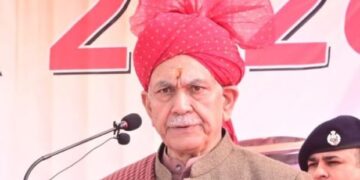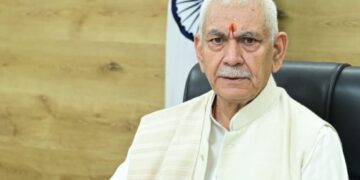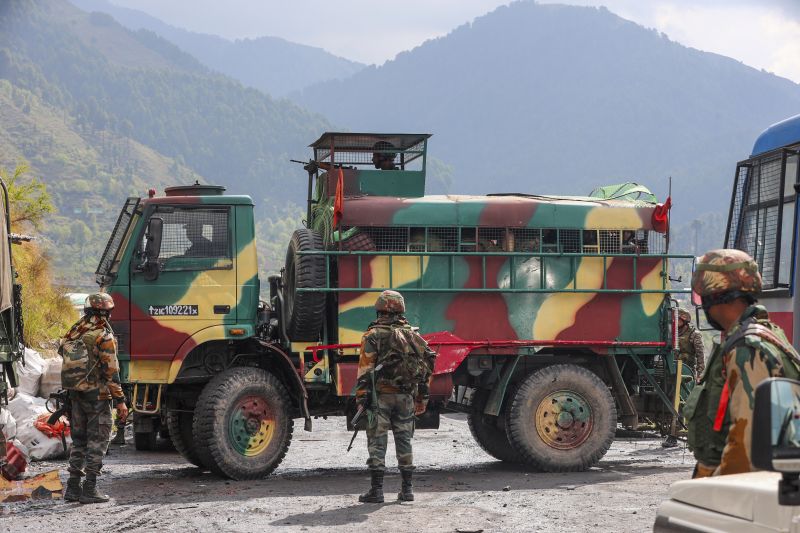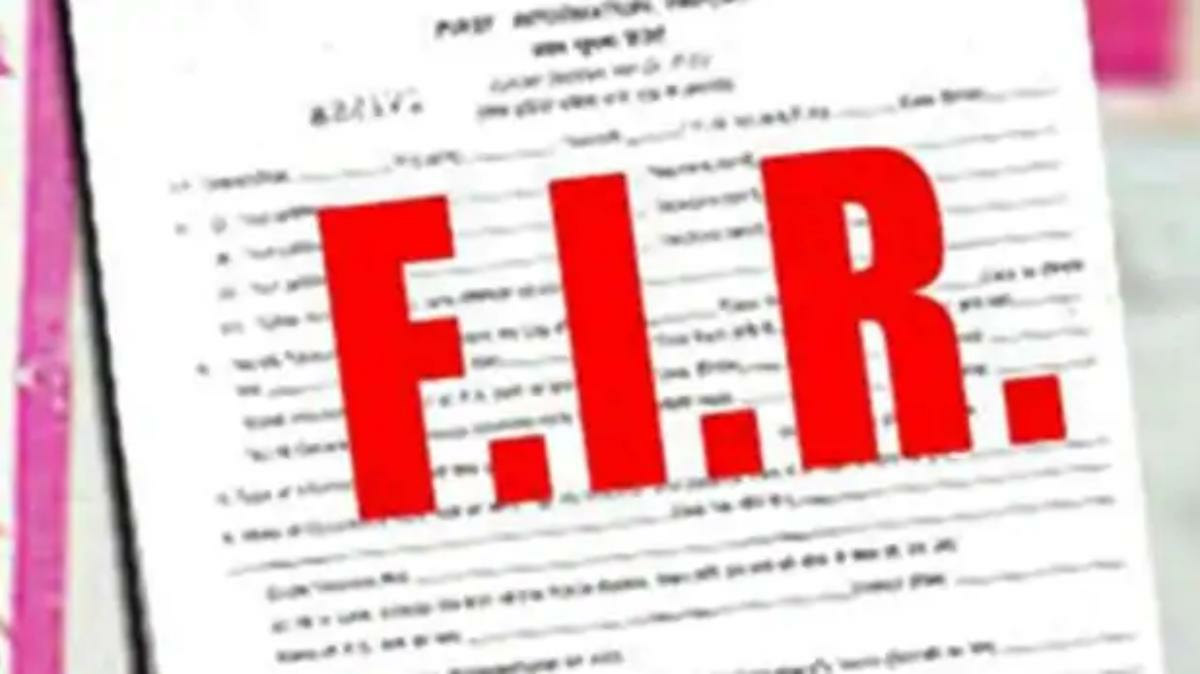Jammu: With all three phases of Assembly polls completed, all eyes are now fixed on October 8, the day election results will be out.
After Tuesday’s polling, the focus of various political parties as well as independent contestants has shifted to appointment of counting agents, while the Election Commission of India is making arrangements to keep the counting day peaceful and foolproof.
The Assembly elections in Jammu and Kashmir held after 10 years, are to decide the fate of one former chief minister, UT-presidents of two major national parties Congress and Bharatiya Janata Party (BJP), chiefs of three major regional parties, several former ministers and many others.
The presence of banned Jamaat-e-Islami backed candidates in the electoral politics for the first time since 1987 has added a new flavor to these elections which is believed to be one of the reasons for improved voter turnout in the Kashmir valley. Though Jamaat backed candidates contested as independents, they minced no words in acknowledging that had the union government lifted the ban on their organization, they would have contested over 50 seats in the UT.
These elections are the first Assembly election for a couple of parties – the J&K Apni Party led by former minister Muhammad Altaf Bukhari, and Democratic Progressive Azad Party (DPAP) of former Congressman and J&K chief minister Ghulam Nabi Azad.
Both these parties were founded in the aftermath of August 5, 2019 abrogation of Article 370 and 35A, and their presence, especially in Kashmir valley and Chenab valley of Jammu region, was physically visible. However, now it remains to be seen whether they will be as visible in the post-poll arithmetic after the results are out!
During the campaigning the regional divide between Kashmir valley and Jammu region was easily discernible, particularly in terms of the BJP leaders from Jammu openly seeking votes to realize its aim of having a Dogra Hindu chief minister from Jammu at the helm in J&K. (With inputs from KNO)







